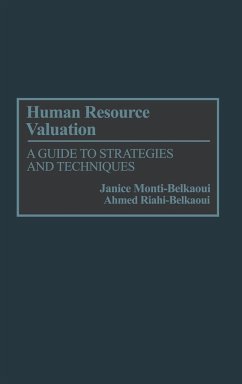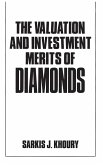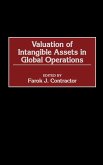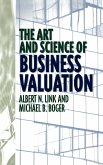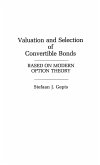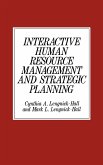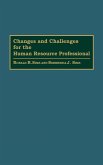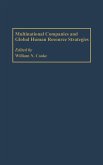Not only are employees an organization's most important asset, but their value and contributions to the organization's financial success can be accounted for and disclosed to users of accounting information. The authors argue persuasively for better accounting strategy in the human resource context, then identify three ways to implement it: 1) through human resource accounting, disclosable in annual reports; 2) through employee reporting; and 3) the application of value-added reporting which reveals the contribution that labor makes to the firm's wealth. The result is a unique, timely guide, presented in a way that management professionals, as well as academicians and researchers, can understand and apply.
Hinweis: Dieser Artikel kann nur an eine deutsche Lieferadresse ausgeliefert werden.
Hinweis: Dieser Artikel kann nur an eine deutsche Lieferadresse ausgeliefert werden.

